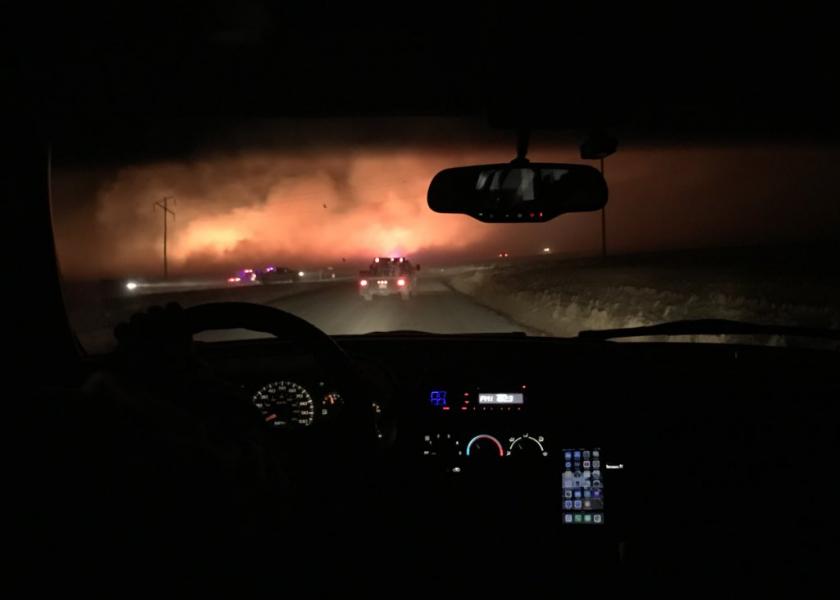Oregon Farmers Not Liable While Fighting Wildfires

Oregon farmers will not be held liable while fighting wildfires in the state, thanks to a new law passed by the Oregon Legislature.
Senate Bill 290 encourages bystanders to assist people in emergencies without worry about being sued if something goes wrong. The law was inspired by last year’s Substation fire that destroyed 78,425 acres of dry wheat fields and grasslands.
Oregon wheat farmers used tractors and disc plows to cut firebreaks around homes and communities. Their quick response, according to Governor Bill Hansell, R-Athena, helped prevent the devastation of small towns such as Moro and Grass Valley.
"Farmers have been doing this ever since we began raising wheat," said Hansell, whose family runs a wheat farm in Umatilla County.
One farmer, 64-year-old John Ruby, died trying to protect his neighbor's home from the fire. Hansell said the tragedy raised concerns about potential liability for farmers and residents in a similar situation.
SB 290 states that a person who voluntarily joins the effort will not be held civilly liable for injury resulting from the "good faith performance" of firefighting activities. Professionally trained firefighters are not covered by the legislation.
"Anytime you're talking about limiting liability for somebody who does something out on the landscape, or responds to an accident, we want to protect them if they're acting in good faith," said Blake Rowe, CEO of the Oregon Wheat Growers League.
The new law will become effective on Jan. 1, 2020.
Related stories:
Tractor Operator Dies In Oregon Wildfire







